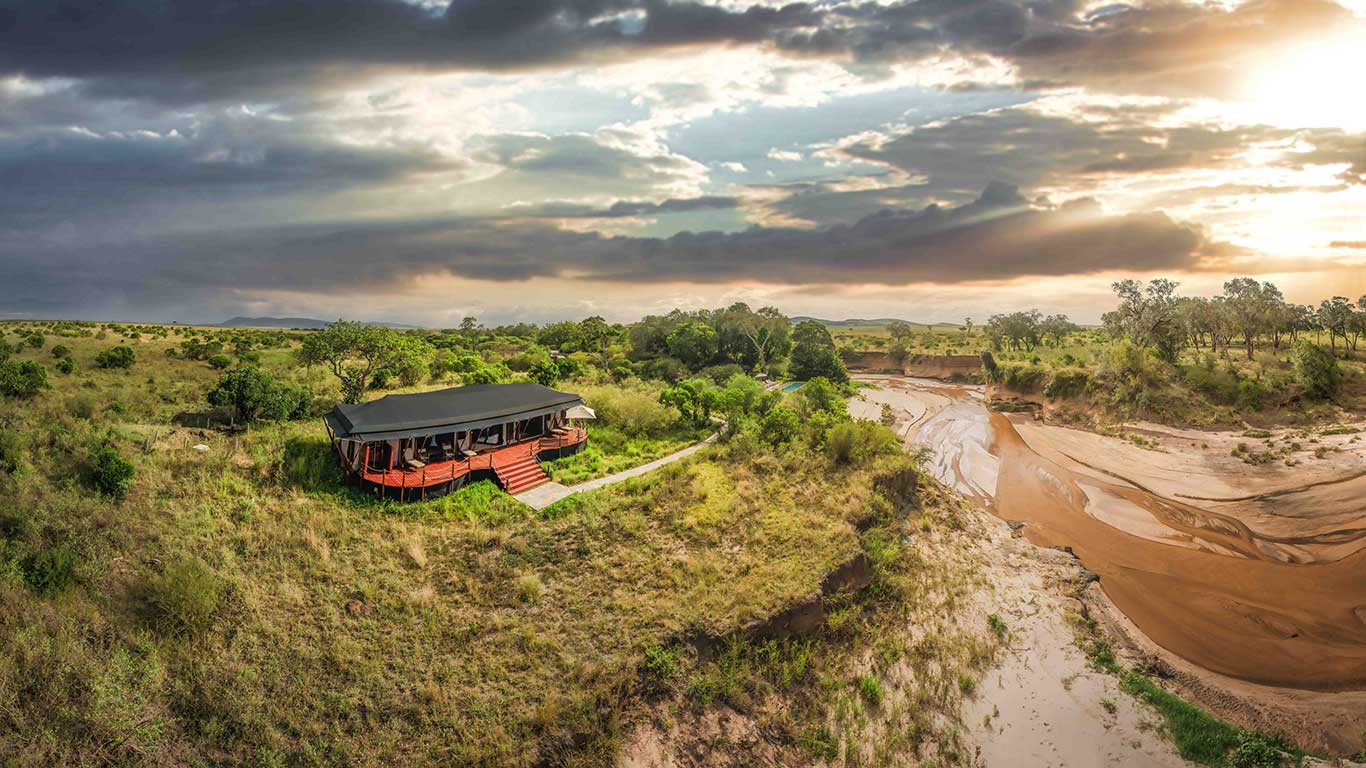
We recently spoke with Wesley Cragg, Group Guide Training & Activities Manager, who had much news to share about the new guide training program and initiatives underway with guide staff.
What are the main goals of the new guide training program at Elewana Collection properties?
The main goals are to create and establish a younger generation that has a better understanding of professional guiding ethics, storytelling abilities, engaging approach, and an enthusiastic attitude to the guest experience. I am also aiming to change the mindset of chasing the Big 5 and ticking off what we think guests expect, to understanding guest hopes and expectations, and fulfilling these as best we can.
Which specific skills or areas are being prioritised in the new guide training?
Key focus areas include improving storytelling abilities, better understanding and managing guest expectations, and fostering more engaging conversations during meal and tea times. There's also an emphasis on aligning promises with deliverable experiences. Additionally, the initiative seeks to deepen staff knowledge about Kenya's cultural heritage, historical settlements, and the Land and Life Foundation's conservation and community development efforts. Lastly, it aims to broaden understanding of the local wildlife commonly encountered during excursions, ensuring staff can provide informed and enriching experiences for guests.
How does the new training program prepare guides to handle unique guest requests or interests?
Having a behavioural psychology qualification and background, along with my guiding experience over the last twenty years, I aim to teach and share with the trainees the knowledge of understanding human behaviour in many ways and forms. There have been recent shifts in guests visiting. For example, there is now a huge amount of first-time safari goers, as well as a larger influx of guests that are either nearly ready to retire, or already retired. These all come with their own challenges and an understanding of human behaviour coupled with emotional and empathetic engagement is important. We need to focus on slowing things down, reading guests needs and being far more hands on and attentive to them to deliver a personalized experience. As is said in Kiswahili- Pole pole (slowly slowly). This is how life flows in East Africa, no one is in a hurry or rushing, and there is time for everything!
What role do local communities play in the training program?
All of our trainees come from local communities surrounding our camps. We provide a platform that not only creates awareness and education through conservation, but also inspires our younger generations to have a say in conservation and even aspire to venture into the field of guiding or conservation, providing protection for all things and places wild for future generations.
How will you measure the success of the new training for guides and guest satisfaction?
Key here is pre- and post- training assessments, Performance evaluations, focus on strengths and weaknesses, individual areas of interest with each trainee, and most importantly, teamwork! If you can mold a group of aspiring guides into a cohesive team, it pretty much guarantees guest satisfaction.
What techniques and skills are important for guides who go through the program?
We have developed a comprehensive list of 26 essential techniques that I expect both trainees and experienced Elewana guides to master. I am looking for things such as;
- Optimal vehicle positioning for wildlife viewing
- Effectively communicating while driving
- Thinking aloud to engage guests in the safari experience
- Orienting guests to their surroundings
- Understanding where, how, and what to look for when searching for specific animals
- Utilizing and teaching guests about the use of senses in wildlife observation
- Creating and enhancing the "moment of discovery" for guests
As a guide, we are always learning or should be open to learning- it never stops!












